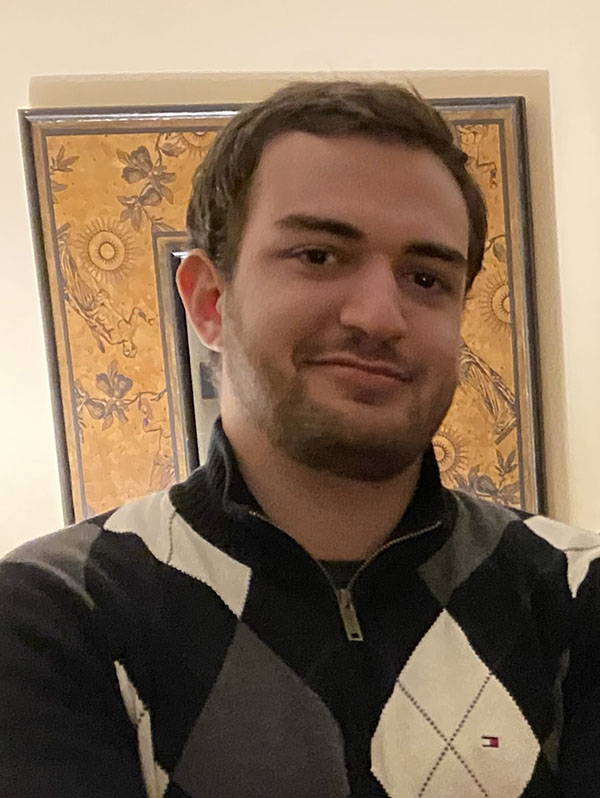Exploring my Polish past, present, and future: What Poland means to me
By Jason Albert Vogel

As a prospective student at the University of Rochester, I was initially drawn to learning the Polish language for several reasons. I had learned German before, and I believed that there would be some similarity between the two languages (which I discovered is not the case). My family’s history weighed heavily on my mind as well: part of my mother’s side of the family hails from a family of carpenters in Grodno. But they immigrated to the United States over a hundred years ago, and they tried hard to shed their East- and Central-European language and traditions as the United States had higher quotas for German-speaking immigrants than those who spoke Slavic languages. Much of the rest of my family’s lineage can be traced to Western Ukraine. I am the only member of my family who speaks any language other than English, and only perhaps one of my grandparents would have had distant memories of hearing Polish spoken at home. Yet we continue to observe the customs of our ancestors by cooking gołąbki, grochówka, and placki ziemniaczane (to name a few), although the words to describe what we are cooking or doing are gone. I want to give back to my family the words to describe these traditions.
Central and Eastern Europe is often forgotten entirely in accounts of world history, which is a shame because those regions of the world are rich in history and culture and lie at the crossroads of some of humankind's greatest struggles and trials. Partly for this reason, the Slavic languages are inaccessible to those who would otherwise want to learn them. Yet luckily, when one gains familiarity in one, it becomes easier (to varying extents) to learn another. This was another reason why Polish attracted me. It serves as a gateway for me not only to gain a deeper appreciation of the Polish language and culture, but also for me to gain a deeper appreciation for the language of the entire Slavic-language speaking “forgotten half” of Europe to some extent as well.
Learning Polish does not just tether me to my family’s past, but it connects me to my own future. Being multilingual is an invaluable skill, especially in today’s increasingly connected world. My passion for learning the Polish language is linked to my hope to pursue a career in political consulting. Recent events have shown that strengthening the United States’ bond to Central Europe-- and to Poland in particular-- is of key importance. I intend to play my own part in strengthening the bond between the two countries by being able to communicate in Polish and recognize and understand the customs, attitudes, and practices in both countries. Yet this would prove impossible for me to do without having actually been to Poland. That is primarily why I am interested in studying abroad in Kraków. Learning Polish at the University of Rochester in Professor Wojciechowska’s classes has always been a pleasure that I look forward to, and has encouraged me to apply for my own multidisciplinary minor in Polish. I have always hoped that at some point in the future I might be able to utilize my knowledge of the language in Poland itself. I now have that opportunity to do so this summer, supported by a grant from the Skalny Center. I am excited to represent the University of Rochester and my country at one of the leading institutions of Polish culture, Jagiellonian University. I have no doubt that the carefully planned tours to Zakopane and Wieliczka will be fun and enriching, but it is being able to attend classes on Polish culture and history at Jagiellonian and being able to make connections with Poles my age that truly inspired me to apply for the chance to participate in the University of Rochester’s Summer Program in Kraków.
Jason Albert Vogel is a junior at University of Rochester. He is a recipient of a Skalny scholarship for the summer study on location in Kraków.
